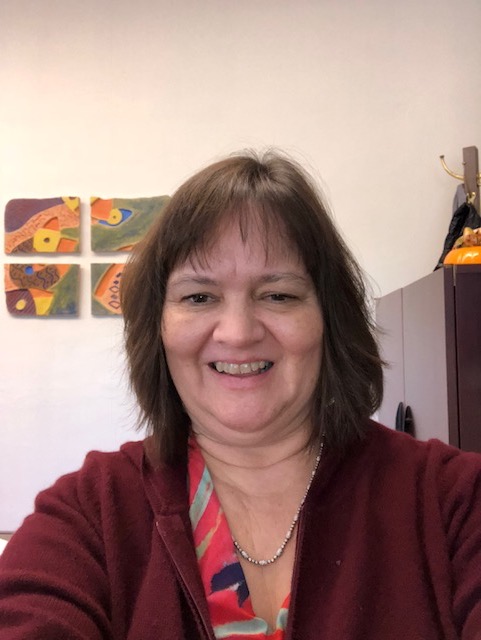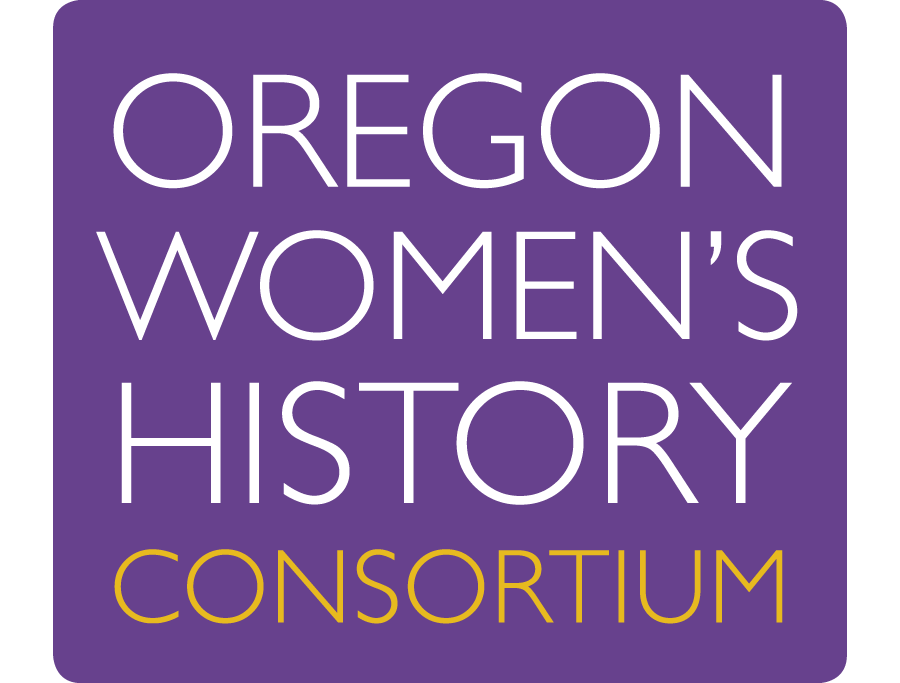
In Winter Term 2018, Bella Magdaleno and Brianne Moodie in Professor Kimberly Jensen’s Honors Colloquium at Western Oregon University interviewed Dean Kathy Cassity about the Nineteenth Amendment centenary and the importance of the vote. Kathy Cassity is the Dean of Western Oregon University’s College of Liberal Arts and Sciences. Although born and raised in Seattle, she comes to us from Honolulu, Hawaii, and she has held her current position since August of 2017. Dean Cassity spoke about the importance of civic involvement in making positive change. She stressed inclusivity as a way to achieve meaningful reform.
Q: In your view, why is voting important?
Dean Cassity: I believe voting is important for everyone because it is a right and a responsibility that we often take for granted. Everyone has an idea about how the world could be better, and the voting booth is one of the places where that idea can actually be expressed. People may think one vote makes little difference, but the voting blocs that make a difference in election outcomes are all made up of individual votes. If everyone sat out, none of us would be heard. I also think voting is especially important for women and minorities, if nothing else as a way of acknowledging the hard work of our predecessors, some of whom risked or even sacrificed their own lives so that future generations could have the vote. It’s really ungrateful for us to toss that away now. It spits in the face of those who fought hard for this right.
Q: What barriers to voting have some Oregon women experienced?
Dean Cassity: I’m relatively new to Oregon so I probably can’t answer that in as much depth as other people. However, from growing up in the sixties and seventies, I do know that women everywhere have had to struggle to be taken seriously as voters. I have known of husbands and fathers who tried to control what their wives and daughters voted for. Some women also belong to sub-communities that discourage women from participating in the public sphere. Also, those who are economically disadvantaged may have issues like transportation, being able to take time off work, or finding out what the registration and polling process is. Some of these issues are not barriers only for women, of course. Making the registration process easier would benefit everyone. One serious “barrier” to voting is the way political issues have been funded by “big money.” We can’t trust political ads to be providing us truthful information, and candidates who don’t have personal funds are often prevented from running for office.
Q: How have some women used the vote as a tool for social change?
Dean Cassity: When I was younger, I know that reproductive rights were voted on at the state level before becoming codified in national law (which has been controversial ever since). Although we are not anywhere near achieving parity, because of women’s votes, we now have more women winning political office than ever, and many of these women have played crucial roles in numerous issue: expanding access to child care, passing the Family & Medical Leave Act and the Americans with Disabilities Act, Title IX, anti-harassment laws, and working toward improved health care. Marching in the streets has its place but will only get us so far; working within the system to change the structure of the system is what’s required in the long run. Social change requires changing people’s minds, first, but then it also requires putting people in the right positions to actually implement the new ideas.
Q: What additional points do you feel are important for us to consider as we commemorate the ratification of the Nineteenth Amendment?
Dean Cassity: One thing I’m always disappointed about is how few of the stories surrounding the suffrage movement are told. These stories should be at the forefront in history books and should be taught at school from a young age. We often take for granted how hard our foremothers and their supporters had to work, the true extent of the barriers they faced, and how much some of them sacrificed. As I said above, we often take that for granted and that is just wrong. We need to exercise our appreciation by using the right that they fought for. Also, pre-1920 was NOT THAT LONG AGO. 100 years sounds like a long time, but all of my grandparents were born into a world in which women could not vote (and I am not that old). My mother’s mother, for instance, was 20 years old when women got the right to vote and I remember her saying that at the time, it seemed amazing and even shocking. (She was from a deeply conservative community that probably resisted women’s suffrage, but once she got the right, she never ceased to use it.) We owe it to our ancestors to value the legacy they left for us. We are at a critical juncture in history and getting EVERYONE out to vote has never been more important! But don’t just “vote”; vote in an informed way. Don’t just believe what you are told, either (especially by paid ads); do your own research and think for yourself. Talk with people who are knowledgeable about the issues. Try to avoid ad hominem arguments and vote for the policies you believe in. Of course, this needs to start with figuring out what you believe in—not just what you’re told to believe, but what you actually believe. Educate yourself, and never stop educating yourself. We should always be open to changing our minds about issues in the face of new information.
